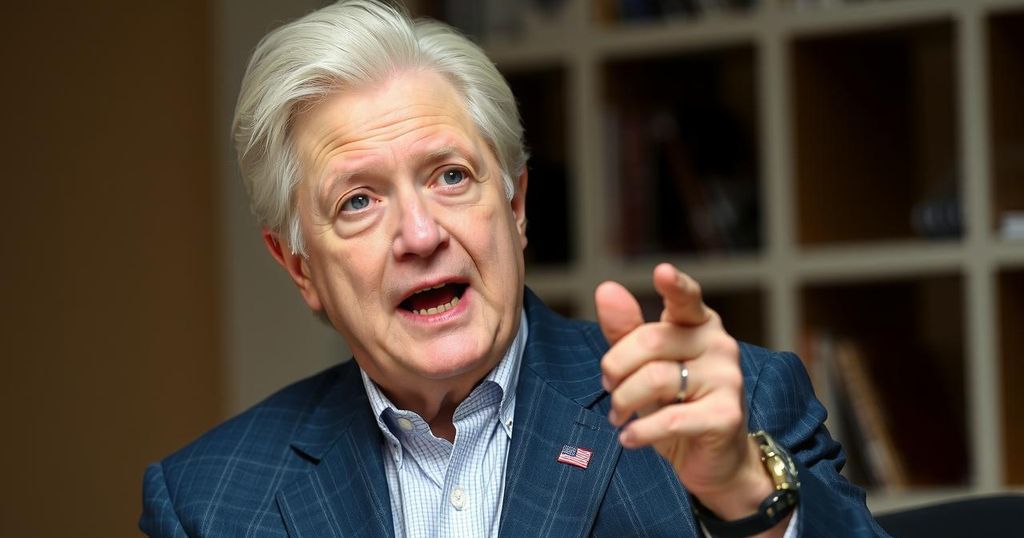Bill Clinton Reflects on Election Challenges and Middle East Peace Talks
During the DealBook Summit, former President Bill Clinton discussed various issues, including the recent electoral setbacks faced by Democrats, the challenges of Vice President Kamala Harris to connect with voters, Biden’s controversial pardon of Hunter Biden, and his regrets over Middle Eastern peace negotiations. Clinton expressed concerns about inadequate planning in the political landscape and a yearning for a more profound commitment to peace efforts.
Former President Bill Clinton addressed various pressing topics during a conversation with Andrew Ross Sorkin at the DealBook Summit, following the recent electoral challenges faced by the Democratic Party. Clinton emphasized that the lack of planning and foresight amidst President Joe Biden’s unexpected withdrawal from the race contributed significantly to the current political turmoil. He noted that Vice President Kamala Harris did not manage to connect with voters, leading to her being perceived as unfamiliar.
Clinton also discussed Biden’s controversial decision to pardon his son, Hunter Biden, expressing that although the president’s explanation could have been handled more adeptly, he affirmed the fairness of granting the pardon, considering the disparities in treatment experienced by individuals based on their connections.
Furthermore, Clinton reflected on the Middle East peace negotiations during his presidency, specifically recalling the unsuccessful 2000 talks with Yasir Arafat and Ehud Barak. He lamented the lost opportunities for peace, conveying deep regret over Arafat’s decision to walk away from the proposed agreements. Clinton cautioned younger generations about the implications of disregarding those critical moments.
Overall, his emotional reflections shed light on his regrets as an older statesman, particularly regarding his unfulfilled aspirations for lasting peace in the region, illustrating his enduring commitment to these global challenges.
Bill Clinton’s reflections at the DealBook Summit come in the wake of significant electoral losses for the Democratic Party, prompting introspection among party leaders. His insights touch on the complexities of modern electoral dynamics, including the impact of individual candidates’ identities, the significance of timely strategic planning, and the ramifications of familial connections within political decisions. Clinton’s historical experiences with Middle Eastern diplomacy particularly highlight the long-term consequences of negotiations and the necessity of recognizing the weight of past decisions in present-day geopolitics.
In conclusion, Bill Clinton’s dialogue at the DealBook Summit encapsulated his insights into the current electoral landscape, the intricacies of family dynamics in politics, and the enduring efforts for peace in the Middle East. His reflections serve as both a critique of the present political strategies and a reminder of the weight of historical decisions, particularly within the context of international relations. Clinton’s regrets reveal a deep concern for the future implications of today’s choices.
Original Source: www.nytimes.com




Post Comment